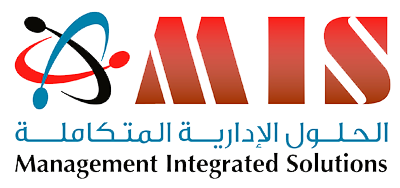Program Duration: 3 days.
Program Objectives:
By the end of this program, participants will be able to:
• Understand the intellectual dimensions of customer service.
• Leverage customer service competencies.
• Deal with customer needs and expectations efficiently.
• Interact and communicate with different types of customers.
• Convert customer complaints into real opportunities for improving business.
• Be emotionally intelligent customer service employee.
Program Outcomes:
• Develop customer service mindset.
• Apply customer service excellence standards and best practices.
• Utilize problem solving technique for dealing with customer complaints.
• Develop an action plan for self – development.
Program Contents:
Intellectual Dimensions of Customer Service
• Customer service mindset.
• Customer service excellence and total satisfaction.
• Management new perspectives and management by customer.
• Importance of customer service.
Customer Needs and Motives
• Understanding human behaviors.
• Psychological and emotional needs of customers.
• Building trust bridges with customers.
Communicating with Customers
• Impact of dynamic communication on customer service.
• Pro – active listening skills.
• Dealing with different types of customers.
Quality Customer Service
• Customer service quality is a journey towards excellence.
• Customer service quality standards.
• Excellence standards.
Dealing with Customer Complaints
• Customer service centric strategy and customer complaints.
• Listening to the voice of customer and identification of complain causes.
• Win – Win solution and customer satisfaction.
Self – Development and Customer Service Excellence
• Dealing with time and stress.
• Setting and prioritizing objectives.
• Dealing with work interruption and time wasters.
• Dealing with work stress.
Program Design and Target Participants:
This program is designed for supervisors, CSR’s and employees who are looking for leveraging their customer service competencies.
Program Delivery Methods:
• Self-assessment.( Pre and Pro- Program Assessment)
• Workshops.
• Group discussion
• Exercises.
• Role plays.
• Case studies.
